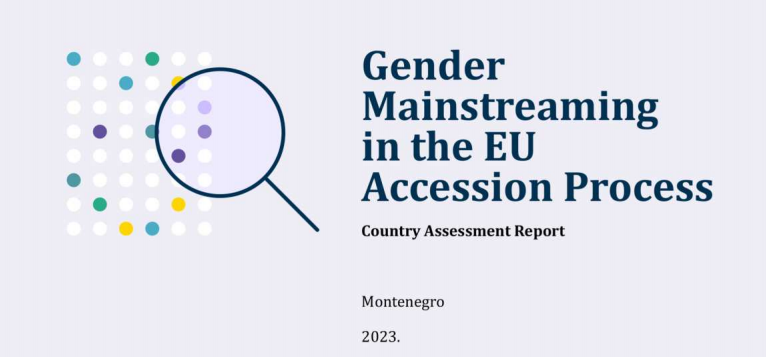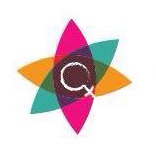1630Views 0Comments

Country Assessment Report: Gender Mainstreaming in the EU Accession Process
Overall, the gender-mainstreaming of the EU Accession process has improved by approximately 14% from 2021 to 2022.
European Commission unequivocally calls Montenegro to deliver more focused and visible results in conducting EU-related reforms. Not only that the last year recommendations remain valid, but the EC’s Montenegro 2022 Report introduces additional obligations as regards the gender equality in the country. This positive trend in gender-mainstreaming is measured in almost double increase of official and other recommendations related to GE. However, there is still space for improvement. The possible way forward could be in including those publicly available sex-disaggregated data related to public administration and functioning of GE institutional mechanisms in the chapter’s context analysis. Data provided in the baseline Country Assessment Report including the one presented throughout this document, should also be taken into account in future EC reporting. Better synchronisation with key priority sectors recognised in CLIP as those that need close gender monitoring is also welcomed. The proces of CLIP revision is announced in the reporting period, but is planned for 2023 and would include consultations with WCSO’s.
EU Delegation in Montenegro stays responsive and inclusive towards WCSO’s. However, structural dialogue between EU delegation and WCSO’s, that would allow for more regular exchange of knowledge and information is still not established. Dialogue with civil society on women, peace and security is not taking place, neither any of the EU Delegation staff is trained in these isues. Visible progress has been recorded when it comes to trainings on gender equality among managers. Nothing has been changed regarding the position of Gender Focal Point (GFP) in the EU Delegation. There are some positive developments when the gender analysis of specific sectors are taken into account, but those mostly derive from civil society sector. Capacity development of WRC sub-grantees within this Action resulted in six publications contributing to gender perspective of the EU integration processes. On the other side, extent of gender mainstreaming on strategic level is still below satisfactory. In summary, approx. 37% out of total number of active strategies are fully/partially mainstreamed.
Gender mainstreaming of the Action Documents slightly improved compared to the basic values from 2021.However, there is still space to strengthen gender related activities within programmed actions specifically in the context analysis and with more commitments to monitor and report on gender equality results achieved by the action. Gender responsible budgeting and related allocations of funds are still not traceable.
The work of the Ministry for European Affairs became more transparent in the reporting period. Regarding its internal capacities, more than 50% of the employees in the Directorate General for European Funds underwent trainings on gender equality, but there is still no person exclusively entitled for GE on the level of Ministry itself. The yearly Montenegro’s Accession Programme minimally includes gender equality, counting references that do not exceed 2% out of total document’s provisions. The structure of the programme should also be addressed as it does not include narrative overview of already achieved results nor the selection of short-term and medium-term priorities. If this was the case, accession dynamics could be traceble in more measurable way.
The Ministry oversees work of the negotiation structure within which women are included more then 60%, both on the level of WG composition and among heads of the WG’s. However, the latest restructuring of the negotiation structure limited the inclusion of CSO’s at one representative, leaving it without singe WCSO and by this narrowing the inclusion of GE issues on the agenda.
Finally, when it comes to the efficiency in implementing EC recommendations, even if there were some achievements (mostly in the area of economic empowerment of women), vital regulations regarding fight against gender based violence and anti-discrimination laws are pending adoption for several years. With all remaining issues, followed by the mild legislative but also executive response, gender eguality in Montenegro is still waiting to be recognised not only as strategic value, but as well as the one that horisontaly determines the appropriation of european values. By this, it determines the pace of Montenegro’s Accession towards the EU.
This publication was produced the financial support of the European Union and co-funded by the Swedish International Development Cooperation Agency. Its contents are the sole responsibility of the WRC and do not necessarily reflect the views of the EU or the Swedish International Development Cooperation Agency.


